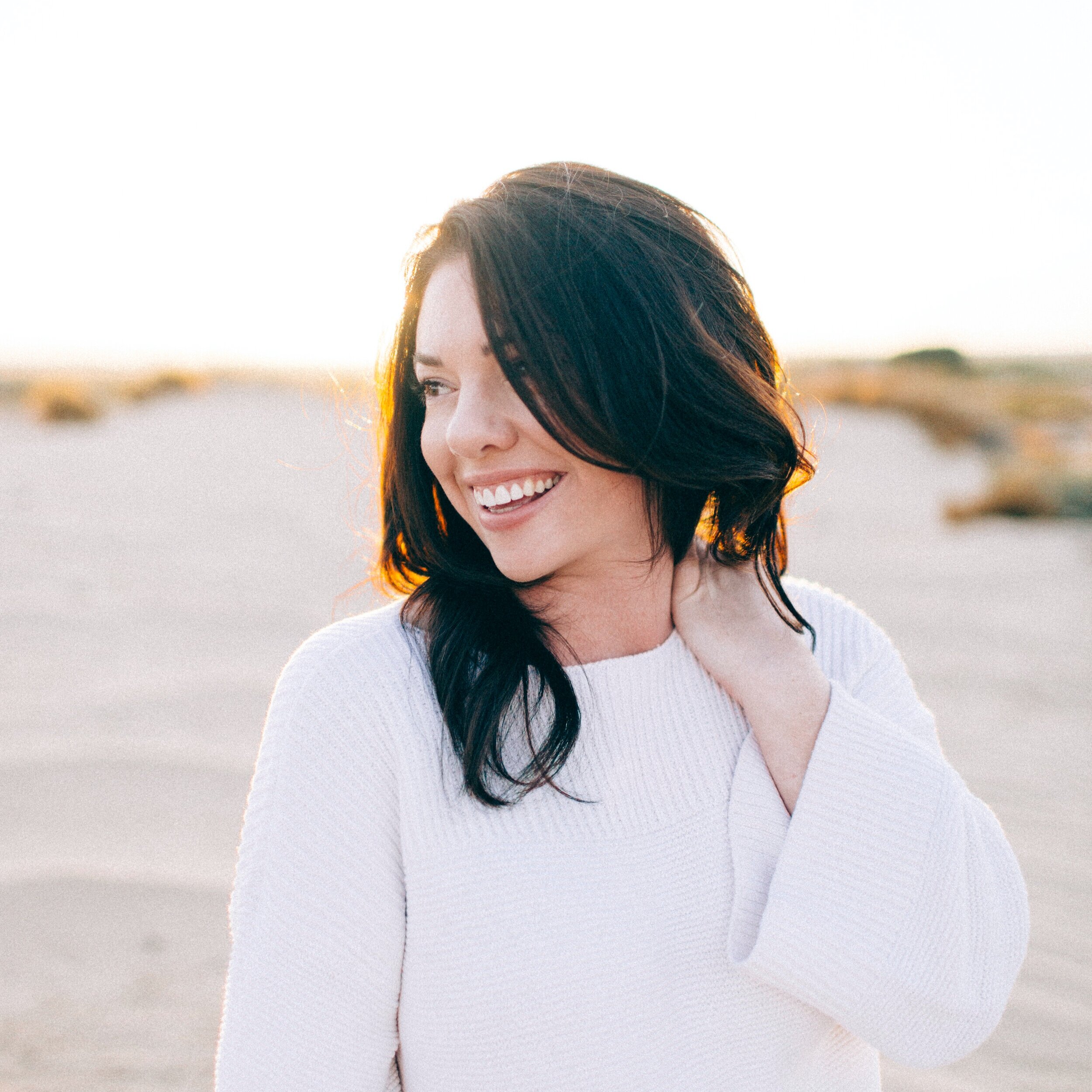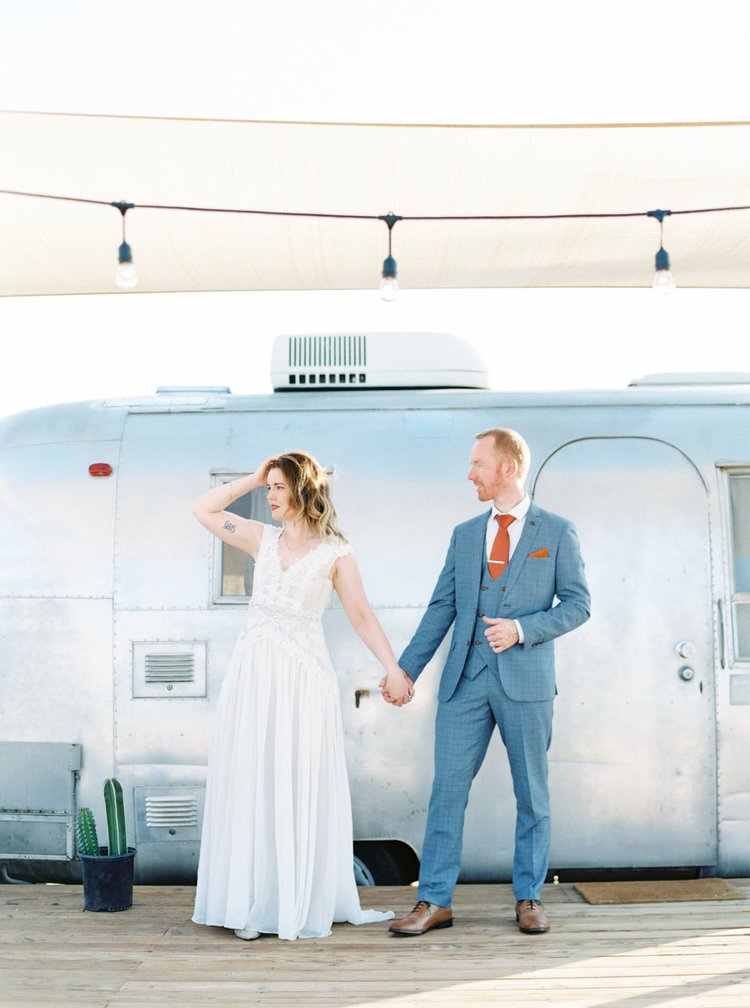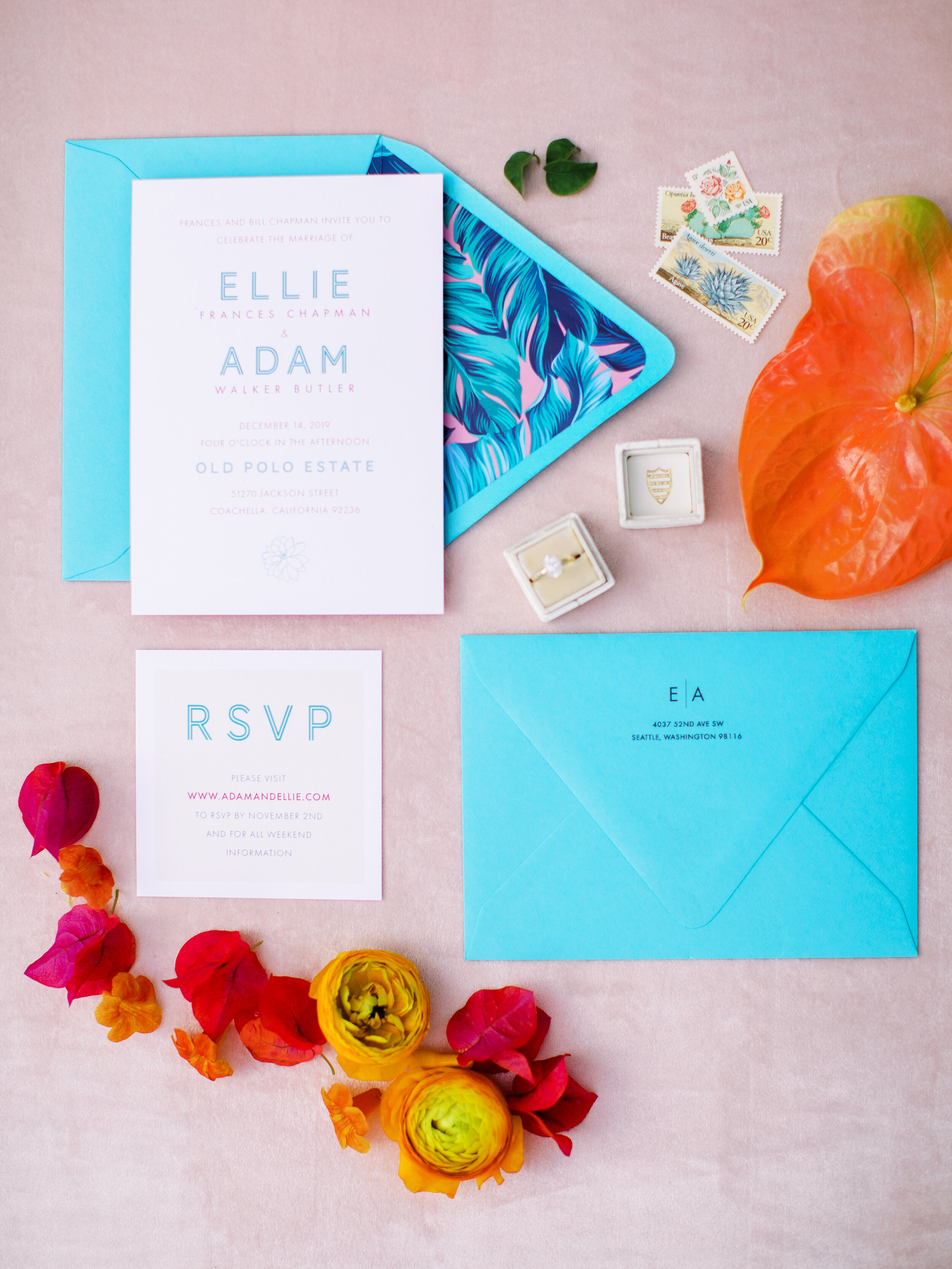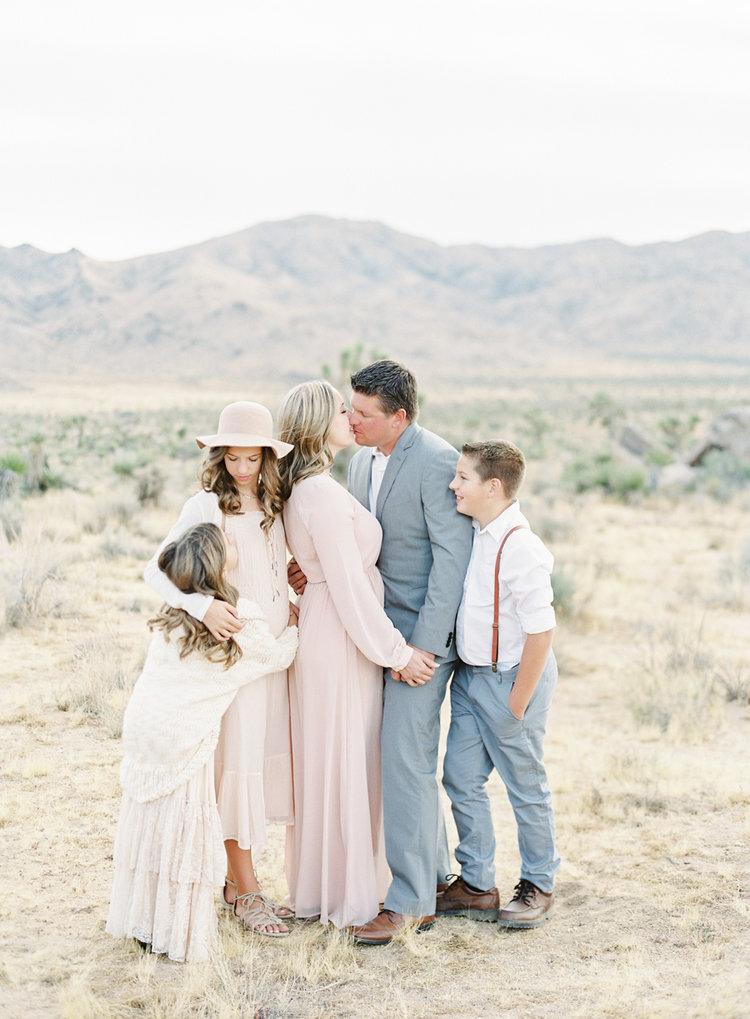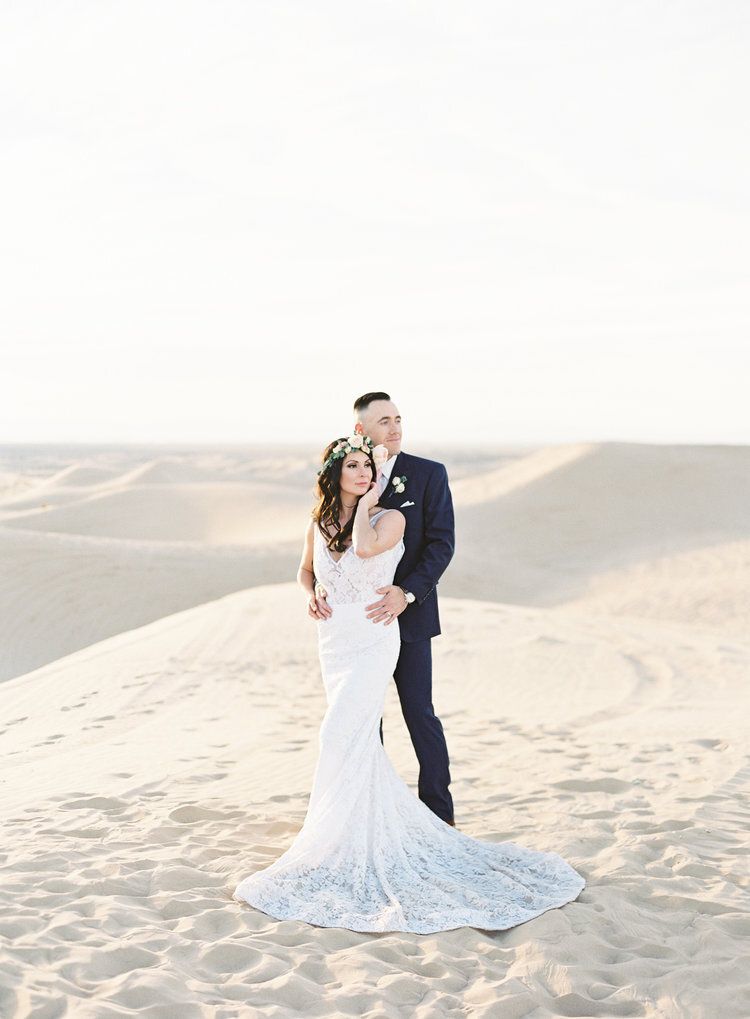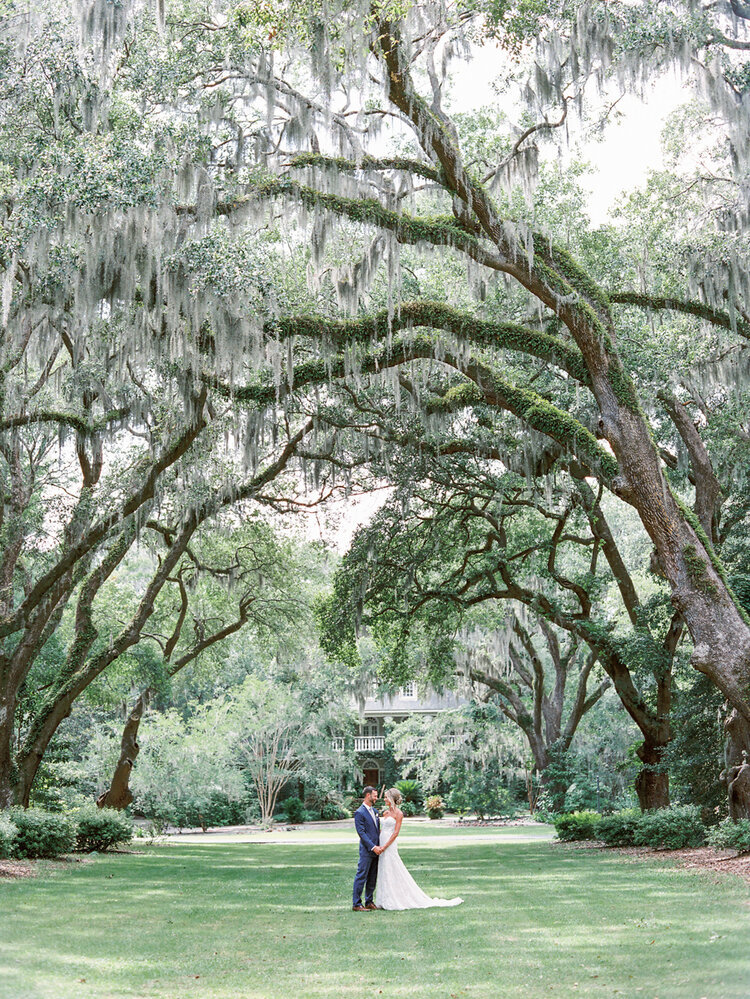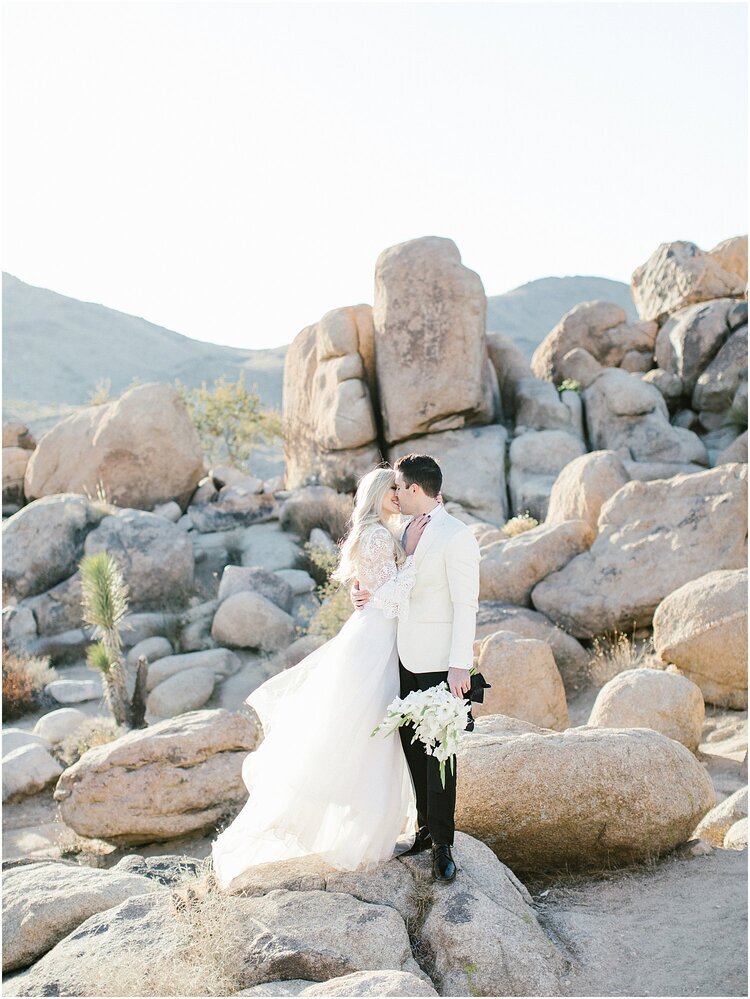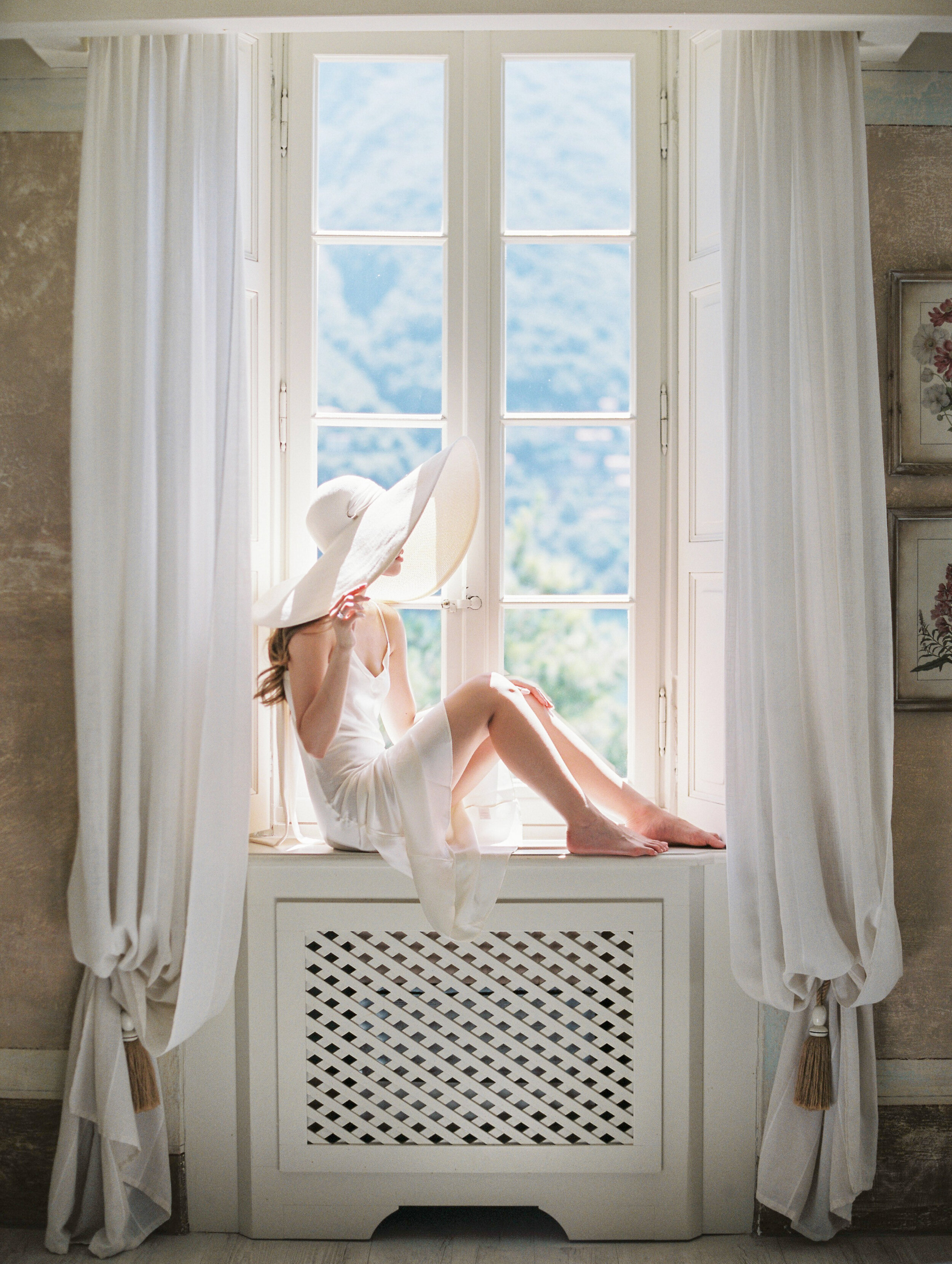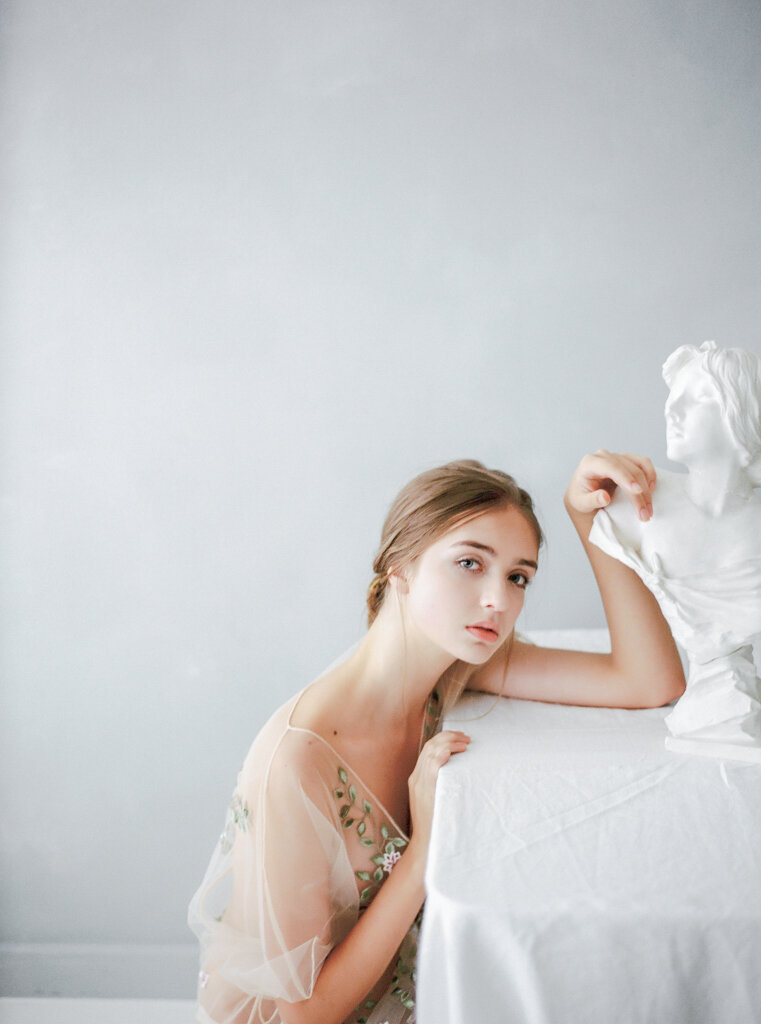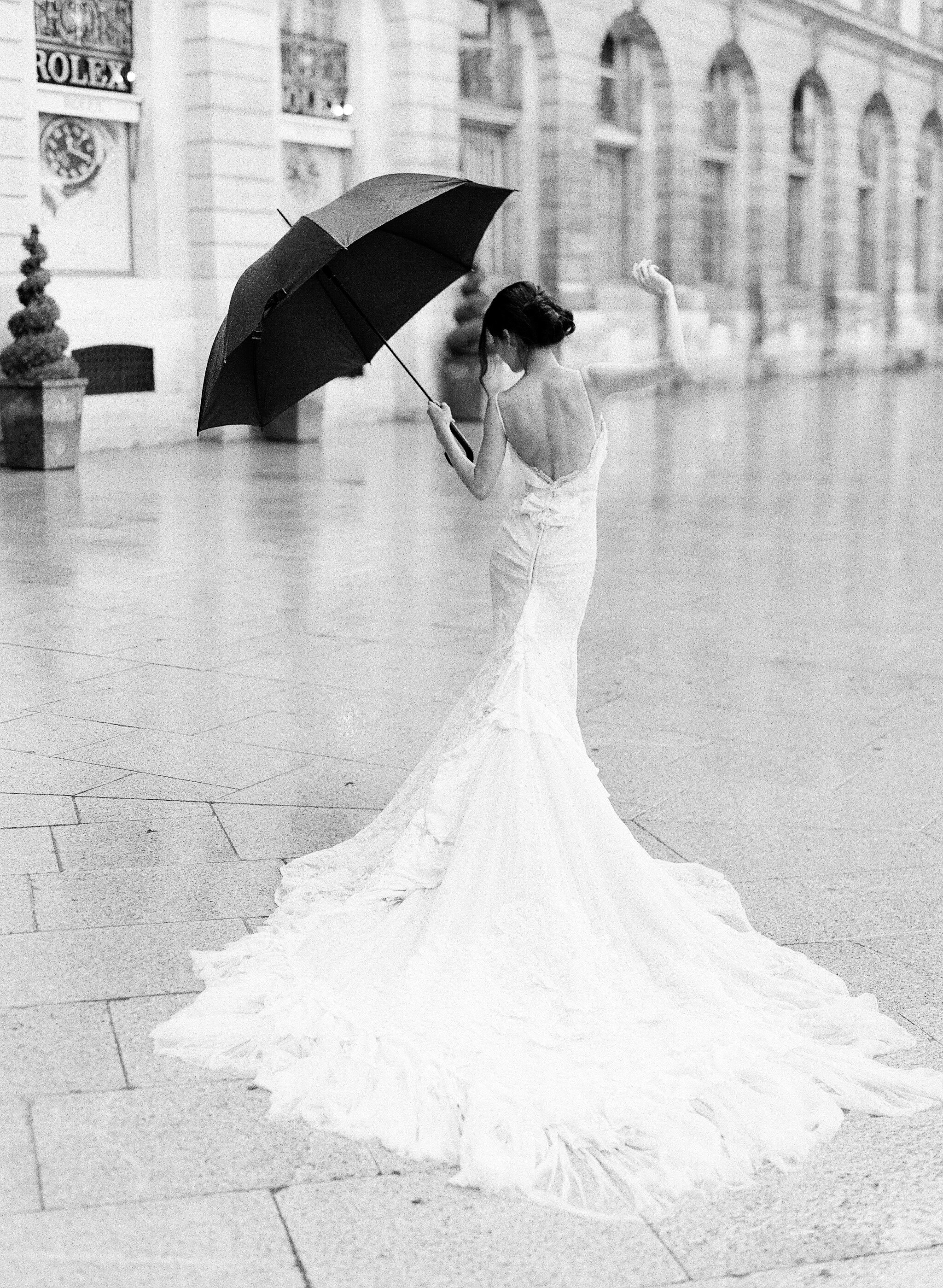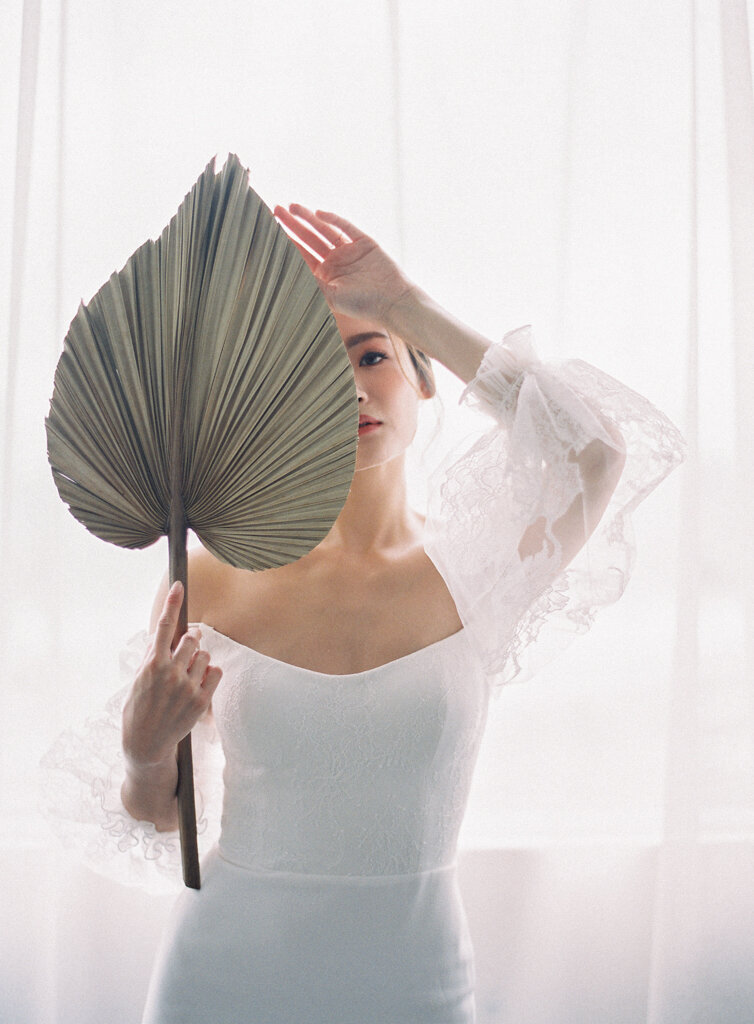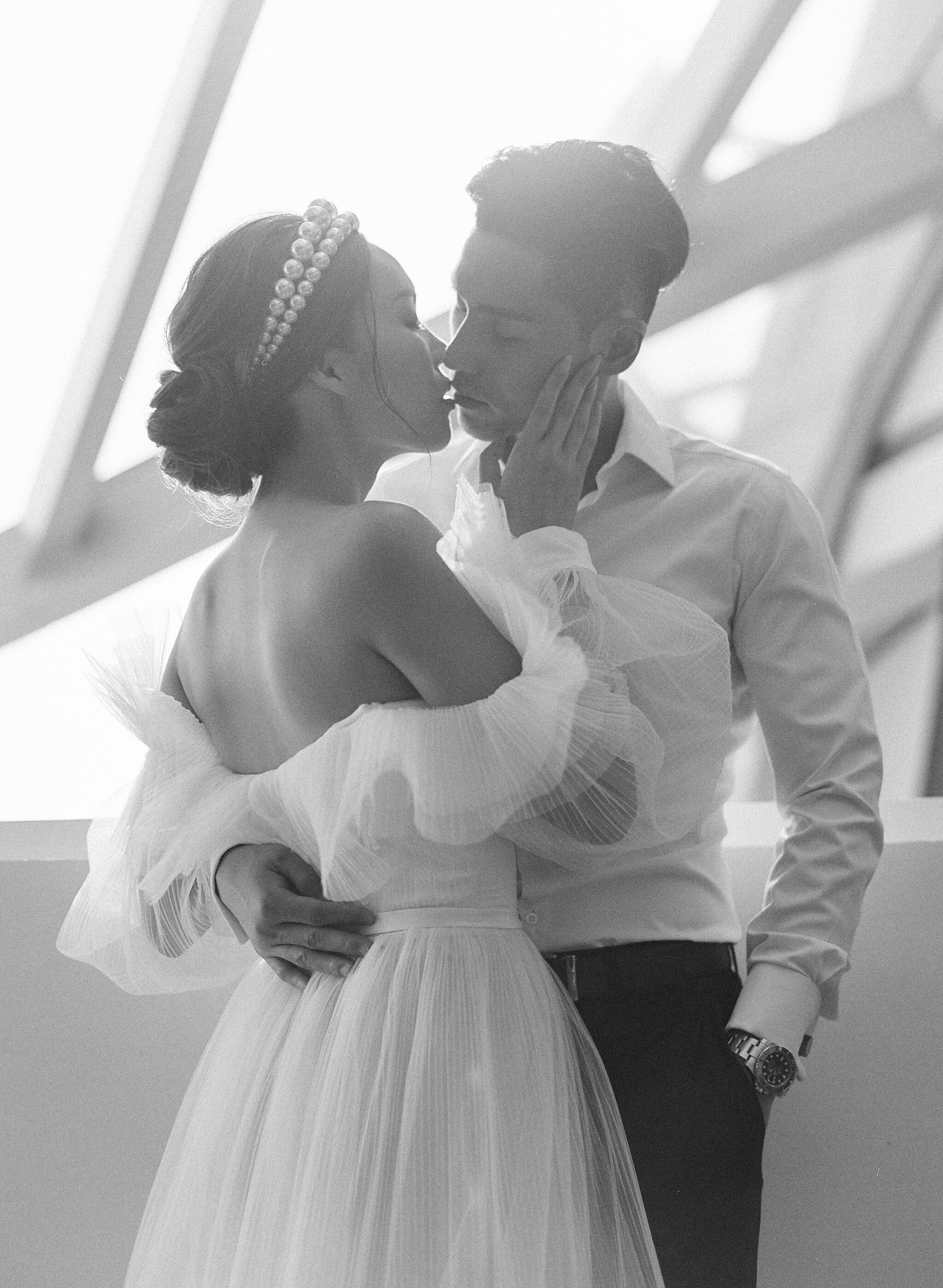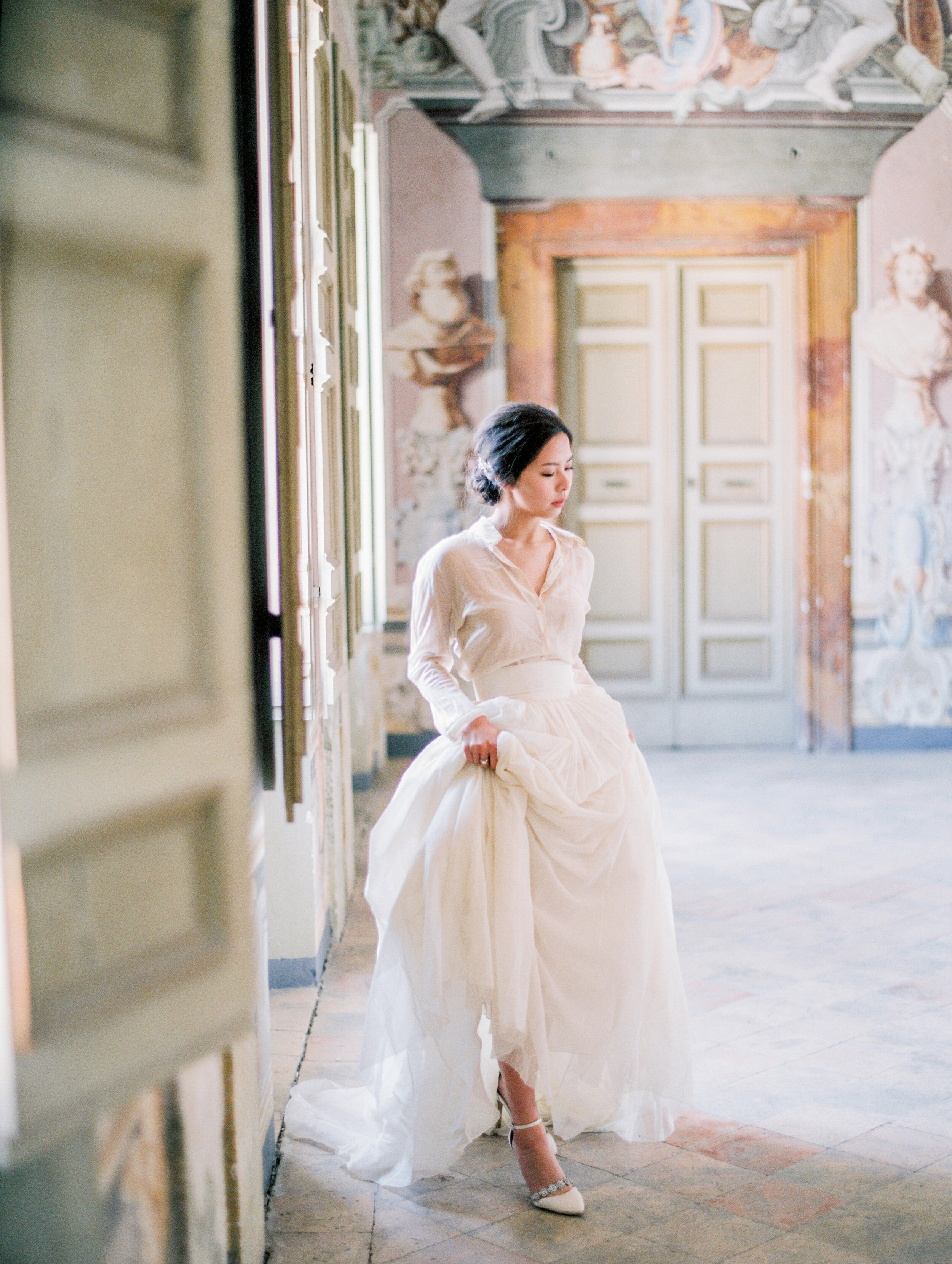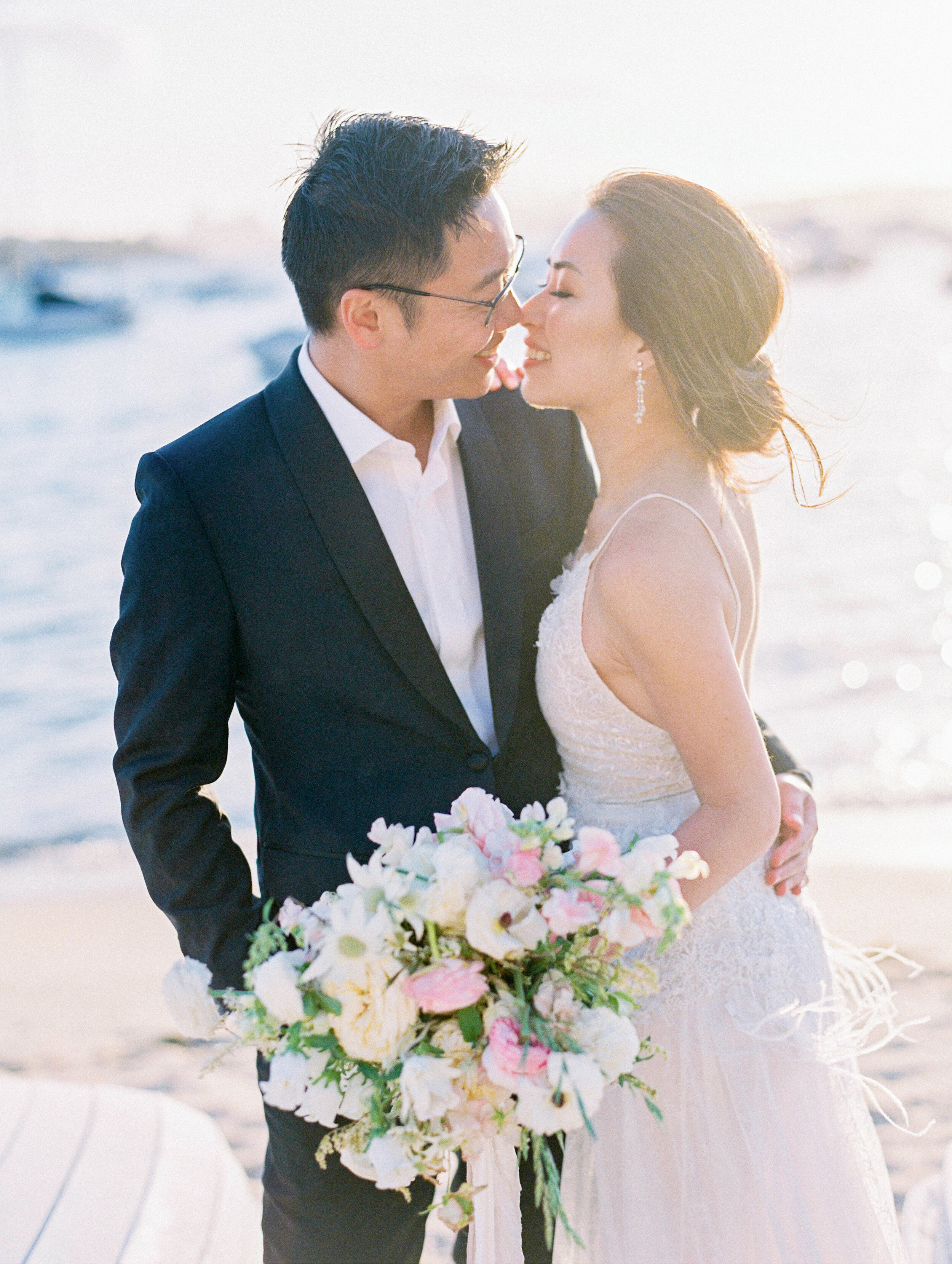Why did you start shooting film?
I was looking for a more artistic approach in the way I photographed my clients. Not to say I couldn't be or do that with digital but it forced me to slow down and really visualize what I was doing when a dollar sign was associated with the click of the shutter. I also wanted to be able to understand color better and with all that I read in countless articles online the best way to do that was to shoot the medium.
What should you consider and what should you pay attention to when you choose your film lab?
The most important thing about any film lab is communication. You will not just send in your film to any lab and they're just going to get it. Send them detailed notes, references, tell them what you like and what you don't about particular images or you can pick up the phone and have a conversation with them.
Understand it may take a few times for them to really get your preferences down. Do your research! Are you able to create a custom profile with the lab? Is that an additional fee if so? And finally, make sure you foster a relationship with your lab. It matters that you are not just a number but a valued customer.
Do you shoot 100% film or are you hybrid? Why?
I am hybrid! I would LOVE to be 100% film but honestly I still love the ability and satisfaction of seeing my images immediately with digital and I can't give that up completely quite yet.
I feel shooting hybrid is the best way for me to serve my clients at the moment, giving them the best of both worlds and serving my soul creatively and artistically.
What was the most confusing thing for you when starting to shoot film?
Metering. I read so many ways that you were "supposed" to be doing it. Bulb in, bulb out, 90 degrees, 45 degrees, in the shadows, under the chin, wherever it was darkest. It was a hot mess, my brain that is.
Finally, I figured it was just best for me to just try these methods out and see what gave me the results that fit my shooting style best. What made sense for me and worked best to achieve the results that I wanted with my lab ultimately is how it should be done, in my honest opinion.
What’s the most effective way to start getting the scans you like from your film lab?
For sure, communication. Over communicate even! Be as detailed as possible. Send reference images and be specific about what you like and what you don't like. Get on the phone and talk to someone about your scans and see if there is something that you could be doing to get to where you want to be or if its adjustments on their end they could be doing to get the results you want.
You won't know unless you ask so ask away!
Do you outsource your editing? Why?
I sure do! I outsource because I enjoy having a life, ha! Editing doesn't come easy to me so I prefer to get my scans the way I like them and leave the digital editing to the pros aka The Ginger Lab 😉
Editing can be time consuming as well so it's an easy decision and part of the process to let the Ginger Lab handle as part of my outsourcing workflow.
Did outsourcing your editing affect your financial profitability? In what way?
Initially when I was interested in seeing if outsourcing was something that was going to work for my business my profit was less, yes. But, as I felt that it was working and giving me the time that I needed and wanted to do other things, like shoot, I adjusted my pricing to account for the cost of outsourcing.
If it makes sense for you and gives you the time and ability to invest elsewhere in your business you can easily adjust your pricing to ensure your profit is where you need/want it to be.
What’s the most effective way to start getting the edits you like from your editing lab?
I would recommend the same for your editing lab as I would for getting the results you want from your film lab. Communication! For me, I have my film edited and marked for my editing lab to reference when editing my digital images. In the beginning when I was getting to know my editing lab, if anything was off I would communicate anything I would like changed for future orders and go from there.
As with film labs getting your preferences nailed down can take a few tries. For any orders that were all digital I would send along digital references so they would have a clear idea of the direction I was wanting to go with my edits.

